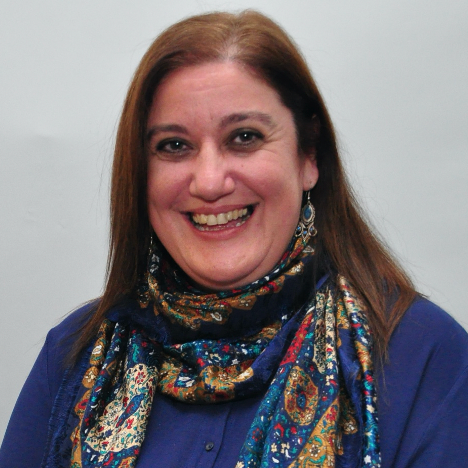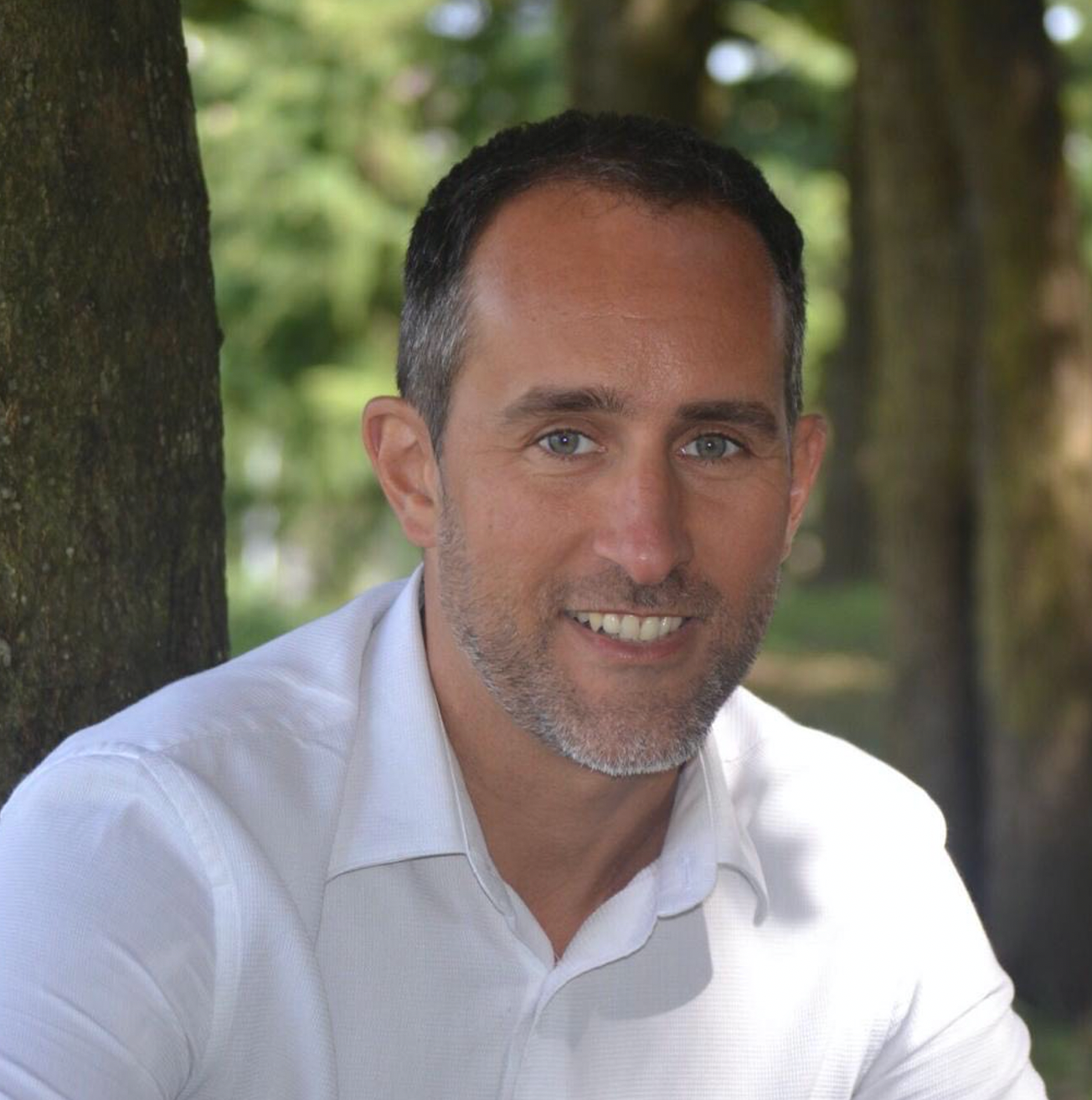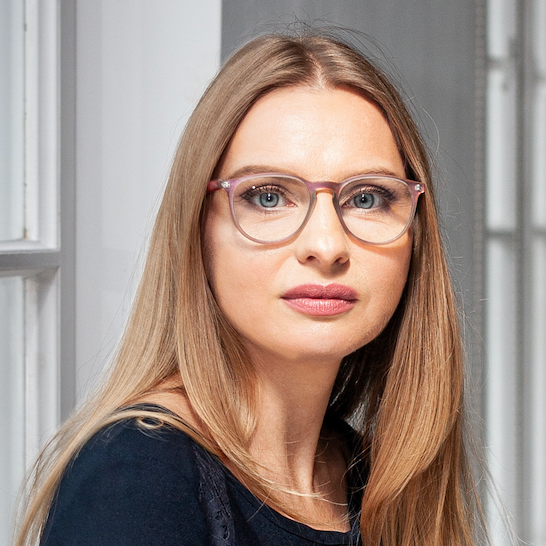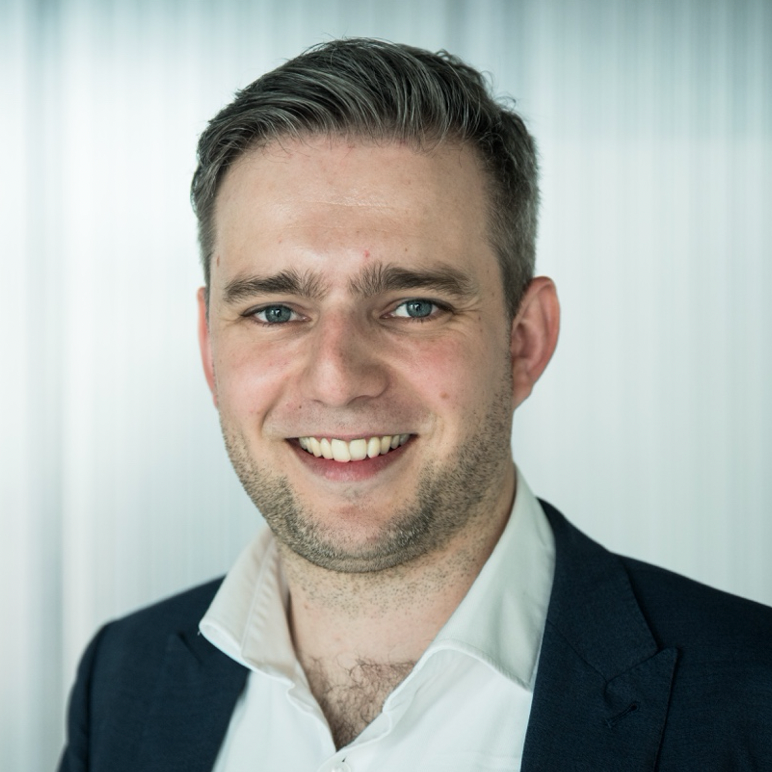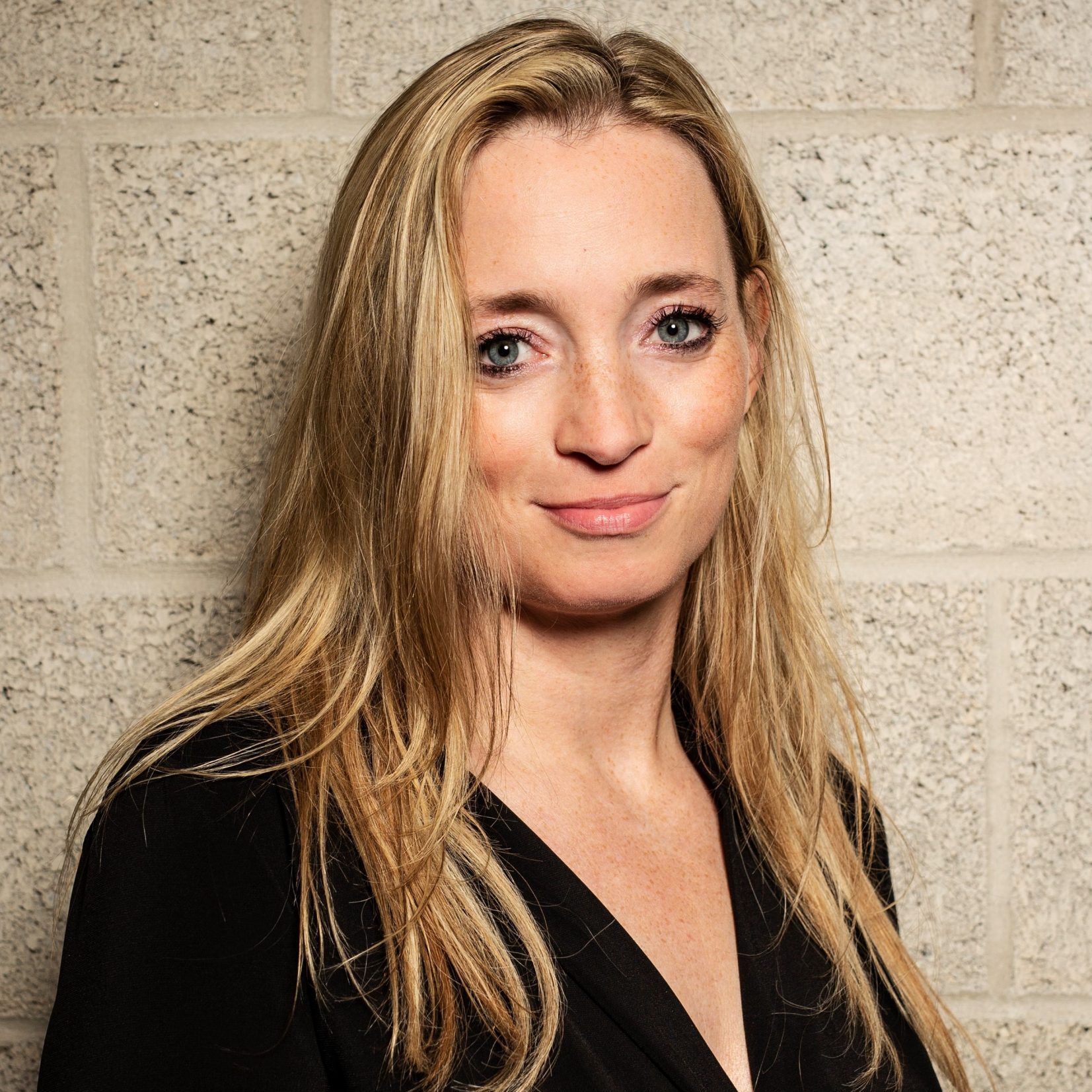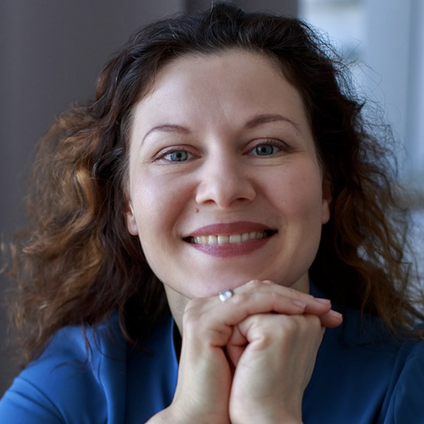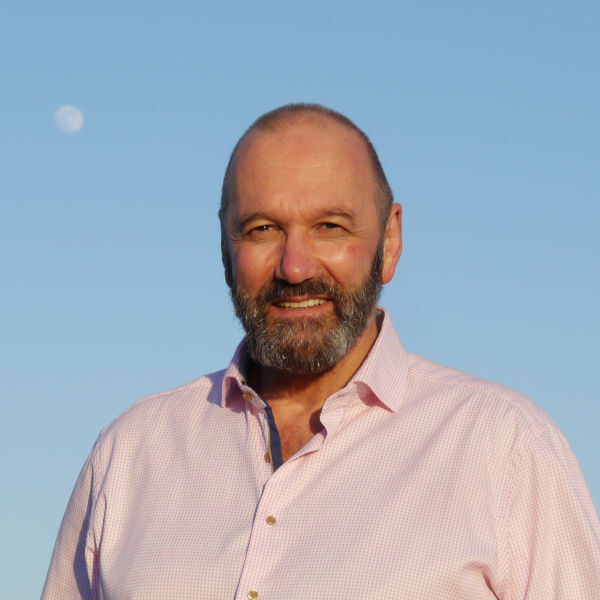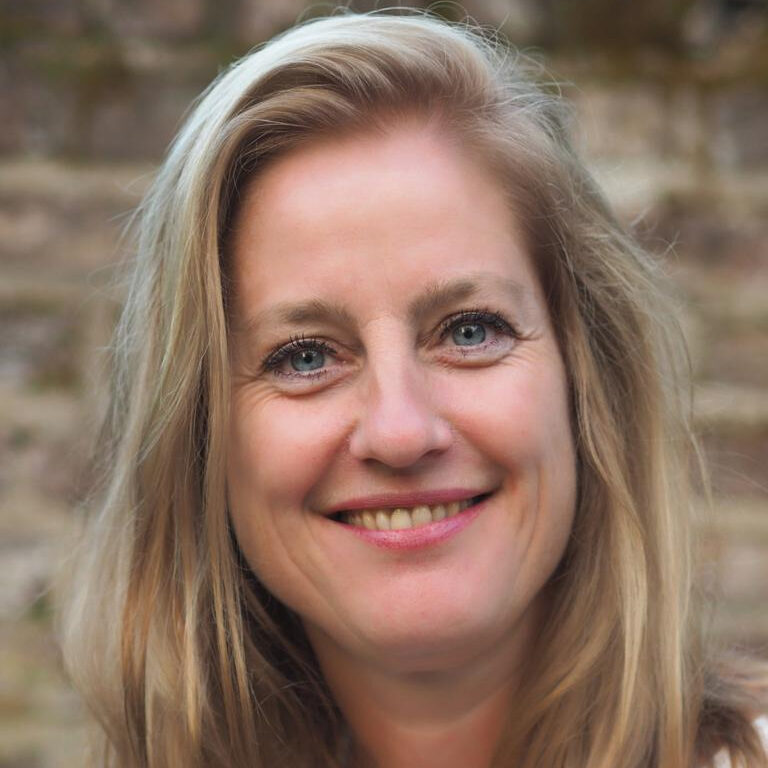About Us and How We Try to Make It Happen
Our Coordinator & Make It Happen Team

Willy Wijnands is a passionate chemistry and physics teacher on the Ashram College in Alphen aan den Rijn and Aikido teacher. He is the creator and founder of eduScrum and co-founder of the worldwide initiative “Agile in Education”.
As the Co-author of the eduScrum guide and co-author of “Scrum in Actie” and co-author of ”Agile and Lean Concepts for Teaching and Learning” here connects practical teaching in learning projects, eduScrum training and research about Agile in Education, e.g., by building and facilitating an international eduScrum Community of Practice.
“I give the students ownership of their own learning process, but most important trust. The students take their responsibility for what they do and I give them liberty and space. The effect is that students are engaged, more productive and their results are better; It is such a wonderful to see them developing themselves!”
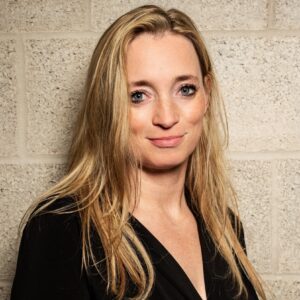
Kristina Fritsch is intensively involved with agile working and learning processes in theory and practice. As an eduScrum co-creator, she trains teachers and lecturers from the primary school sector to vocational training, further education, and higher education. In close cooperation with eduScrum inventor Willy Wijnands, she is also involved in the international eduScrum Practitioner and eduScrum Trainer Training. She is the ‘founding auntie’ of the Agile Living Room, the space where the international eduScrum Community of Practice meets up, learn together and co-create.
“Since I got to know eduScrum, I have discovered a wonderful
methodological framework I can use again and again in line with my basic
attitude to education as a teaching learner. According to Galileo
Galilei: ‘You cannot teach someone anything; you can only help her/him
to discover it within her/himself.”
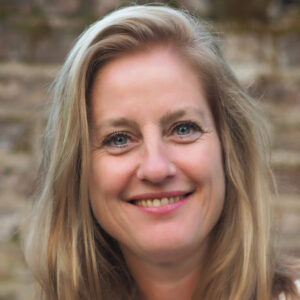
Claudia Struijlaart: I work at Highschool Bernadinus in Heerlen. It is a secondary school where I teach chemistry from 3rd to 6th classes. I teach and develop new chemistry curriculum in a DOT. I’m the chairman of the DOT in the VO-HO network in collaboration with CHILL. Also I’m a teacher by Agora. I challenge my students to deliver “products” in instalments. Those products are developed in self-organising and autonomous teams with the help of eduScrum. I am also a team member of the worldwide initiave “Agile in Education”.
“Improvements bring up critique, but also wonderful results” “On our way to an effective and innovative style of teaching that fits the present”
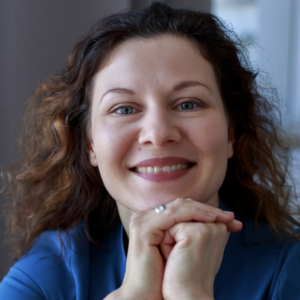
Ekaterina Bredikhina: I’m totally convinced that safety and mutual respect are the most required conditions to create an environment in which teams can learn and interact effectively. This is important for both student and adult teams. And that’s why the values of safety, trust and respect between all actors are in the basis of eduScrum.
Leading coach of eduScrum Russia
Professional Scrum Master (PSMI)
Gamification teacher
“I believe that Agile approaches can change modern education and turn it into the ‘education of a future’ where people and interaction are more important than marks and formal reports and everyone can be the co-creator of his or her own learning process.“
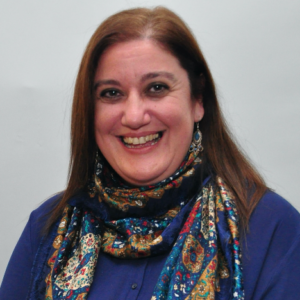
Ximena Valente Hervier is a University Professor based in Rosario, Argentina. She works also as an Agile Expert at Knowledge21.
She has travelled and worked in more than 40 countries, facilitating organizations from various sectors in innovation and transformation processes.
“But above all, Ximena is an Agile enthusiast on how these frameworks can boost innovation and creativity, and she loves to teach and learn from her students.”
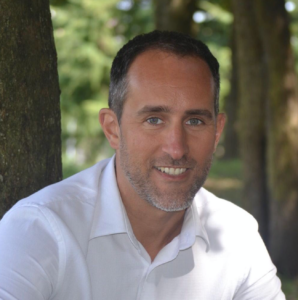
Emmanuel Ponchon works in the Lifelong learning Department at the Padre Ossó Faculty, (Oviedo, Spain) and is the eduScrum rep and trainer for Spain and France. What stands out the most of his professional career is his demonstrated passion for educational innovation as shown by his many projects where children and teenagers have found a framework of responsible and free education. Likewise, he has been able to create synergies between different projects, either locally or internationally. He started to use eduScrum to teach languages as well as within agile projects for children aged 8 to 14 years old.
“I believe in the creation of nurturing environments where the children and teenagers feel responsible for their learning, where they can make their own decisions, learn to collaborate, experiment the joy of play and have a precious say over what’s going on in that environment.”
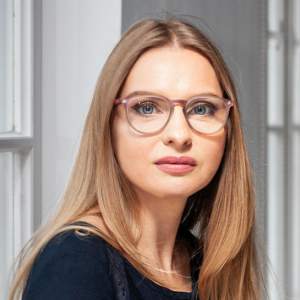
Paulina Orbitowska-Fernandez Trainer of eduScrum and Nonviolent Communication coach, academic teacher in Intercultural Communication, facilitator of systemic transformation. She used to work as a teacher in Polish and Mexican schools from 2006 till 2017. Now she works with schools, organizations, families and individual clients supporting them in building strong relations based on empathy, communication and agility. Together with her sister she brought eduScrum to Poland since 2018 and bringing more creativity, effective communication, collaboration and critical thinking to our schools.
“With these approaches she wants to help people to understand how words and on, a deeper level, our beliefs and mindset, influence our relationships at home, work, school. Trust and psychological safety in our families, teams and classrooms and how empathy and mindfulness support our brains in their full integration, so that we can shift from reactivity to relatedness. “
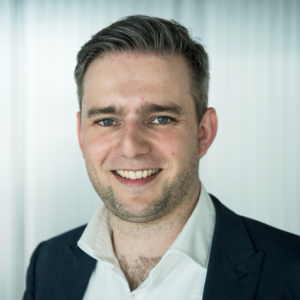
Mark Postema I’m an eduScrum trainer and responsible for eduScrum in the Czech Republic. Most of my time I work as a Physics and English teacher on an elementary school in Trutnov.
I also work as a freelancer for several educational projects in the Czech Republic. I organize international internships for teacher and I’m tying to build bridges between education and business.
“It’s beautiful and inspiring to see how students can flourish in an environment build on trust and transparency. They keep surprising me with their skills and creativity. I see myself as a facilitator. It’s my responsibility to create the right environment so that they can perform the best they can. Like a beekeeper does for his bees.”

